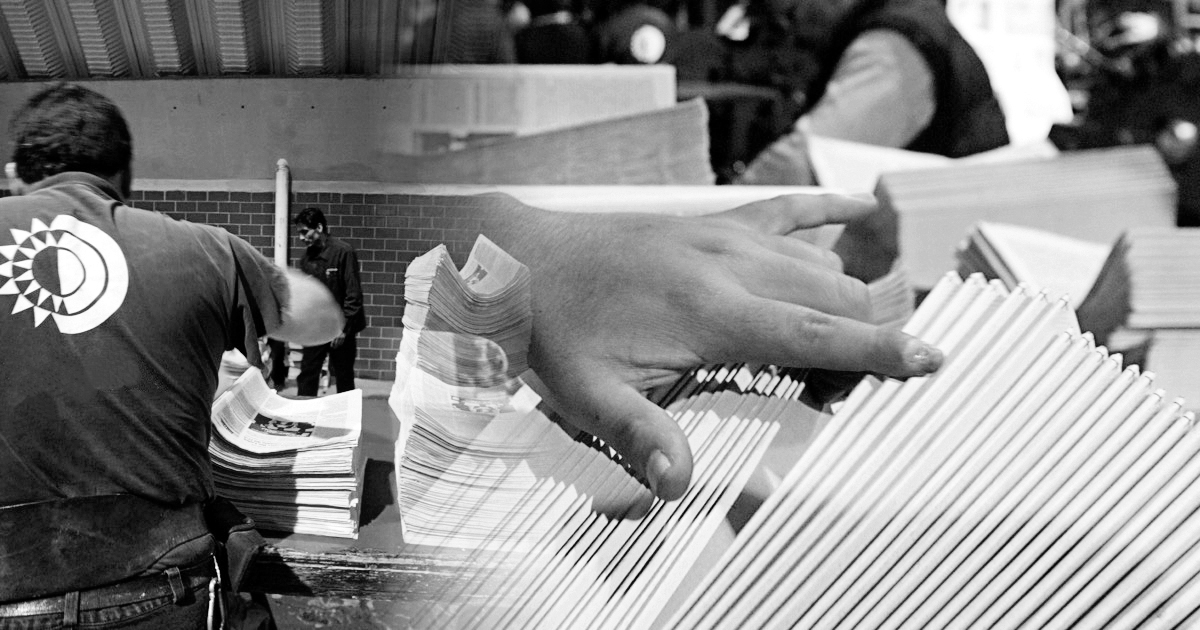Bernardo Barranco V.
you
After the death of Benedict XVI, the balance of a career full of ambivalence, contradictions and chiaroscuro is inevitable. It is revealing how, while the conservative sectors of the Church glorify the figure and contributions of Benedict XVI, the progressive sectors reproach him for his ruthlessness in containing and repressing any initiative that was beyond the control of Rome and ecclesiastical orthodoxy.
Joseph Ratzinger was born in Marktl, 1927, a municipality in the southeast of Germany belonging to Upper Bavaria. At the age of 35 he was an adviser to the German episcopal conference during the Second Vatican Council in 1962. There he played a progressive opening role. The young theologian struggled to bring down the old imperial dust of the Church to the great debates of the contemporary world, of the years after the Second World War such as peace, development, progress, the role of science and modern reason. . Twenty years later, being part of the curial elite of Pope John Paul II, Cardinal Ratzinger no longer thought the same. He considered that many of the initiatives emanating from the council were harmful to the Church. The claims of women in the Church, female priesthood, feminist theologies, new moral codes on diversity and sexuality, celibacy, married priests, the precepts of Marxist sociology introduced into liberation theology; the excessive alterations of the liturgy that turned it into shows more than in spiritual celebration. And a long etcetera that led the cardinal, as prefect of the Congregation for the Doctrine of the Faith, to end those ecclesial experiments that threatened the identity, unity and orthodoxy of the Church. Ratzinger assumes a hypercritical attitude towards contemporary modernity. He laments the consumerism, individualism and Western relativism that is permeating the structures of the Church. We must put order in the Church and return to the doctrinal and identity origins.
In an interview with the journalist Vittorio Messori, contained in the book report on faithProvocatively, Cardinal Ratzinger acknowledges the need for restoration in the post-conciliar Church; let’s remember: If by restoration we understand the search for a new balance after the exaggerations of an indiscriminate opening to the world, after the too positive interpretations of an agnostic and atheist world, then this restoration is desirable and, in fact, it is already taking place.
.
The short pontificate of Benedict XVI (2005-13) cannot be conceived either as an appendix to the previous one or as a transition, since it represents the continuity of the ecclesial cycle opened by John Paul II, that is, the ebb and conservative religious discipline before the trials opened by the Second Vatican Council. Ratzinger, as Pope, exercised rigor without charisma.
For Ratzinger, the West is experiencing a profound crisis. Culturally, relativism, which invites tolerance, openness to the other, coexistence with diversity, can also lead to barbarism when relativism grants reason an absolute value that is boasted of. the uselessness of the mysterious. For this reason, Pope Ratzinger warned that if the West does not refound itself in God, it will remain a prisoner of the times of fear and of a rationality that will settle into absolute decadence. Such a secular crisis in the West threatens the identity of the Church. This was stated when ordaining 20 priests on May 4, 2009, warning: the world contaminates the Church. The root of the crisis of the Church, according to Benedict XVI, can be found in the decadence of the Western world. Said thesis, he has repeated it. The last one is found in an article that he published in Germany, about the clerical pedophilia scandals. In a long essay, The Church and the abuses (2019), places the origin of pedophilia in the Church in May 1968. Incredible as it may seem, Benedict XVI describes the effects of the sexual revolution on young people aged 68 and argues that the crisis of clerical pedophilia has its origin in the collapse
morality of society in the 60s.
Ratzinger prefect and later Pope contributed to dismantle many initiatives emanating from the council. He unconditionally reinstated fundamentalist bishops of the Society of Saint Pius X into the Church. He Encouraged a return to the Latin Tridentine Mass. He integrates bishops and cardinals opposed to the council into his curial team. Since the 1980s, he has contributed to the appointment of conservative bishops, subservient to Rome and mediocre throughout the world.
Ratzinger, the stern cardinal prefect and later Benedict XVI, helped change the face of the Church in 30 years. In Latin America, he applied the cold War ecclesiastical He closed seminars, changed study plans, closed magazines and study and research centers. The Wojtyla/Ratzinger duo persecuted priests, bishops and liberation theologians. There are the cases of Leonardo Boff and Jon Sobrino. The popular pastorals and the Base Communities languished under the disqualifications and suspicions of the curia. In terms of the religious market, they left the field open at the grassroots level for evangelical churches to expand.
Ratzinger left a Church in a state of disaster. In all the clerical pedophilia scandals around the planet, he fights for the power and privileges of the Roman curia; debauchery in the mismanagement of economic resources, laundering. Ratzinger’s restorative dreams turned into terrifying nightmares.








